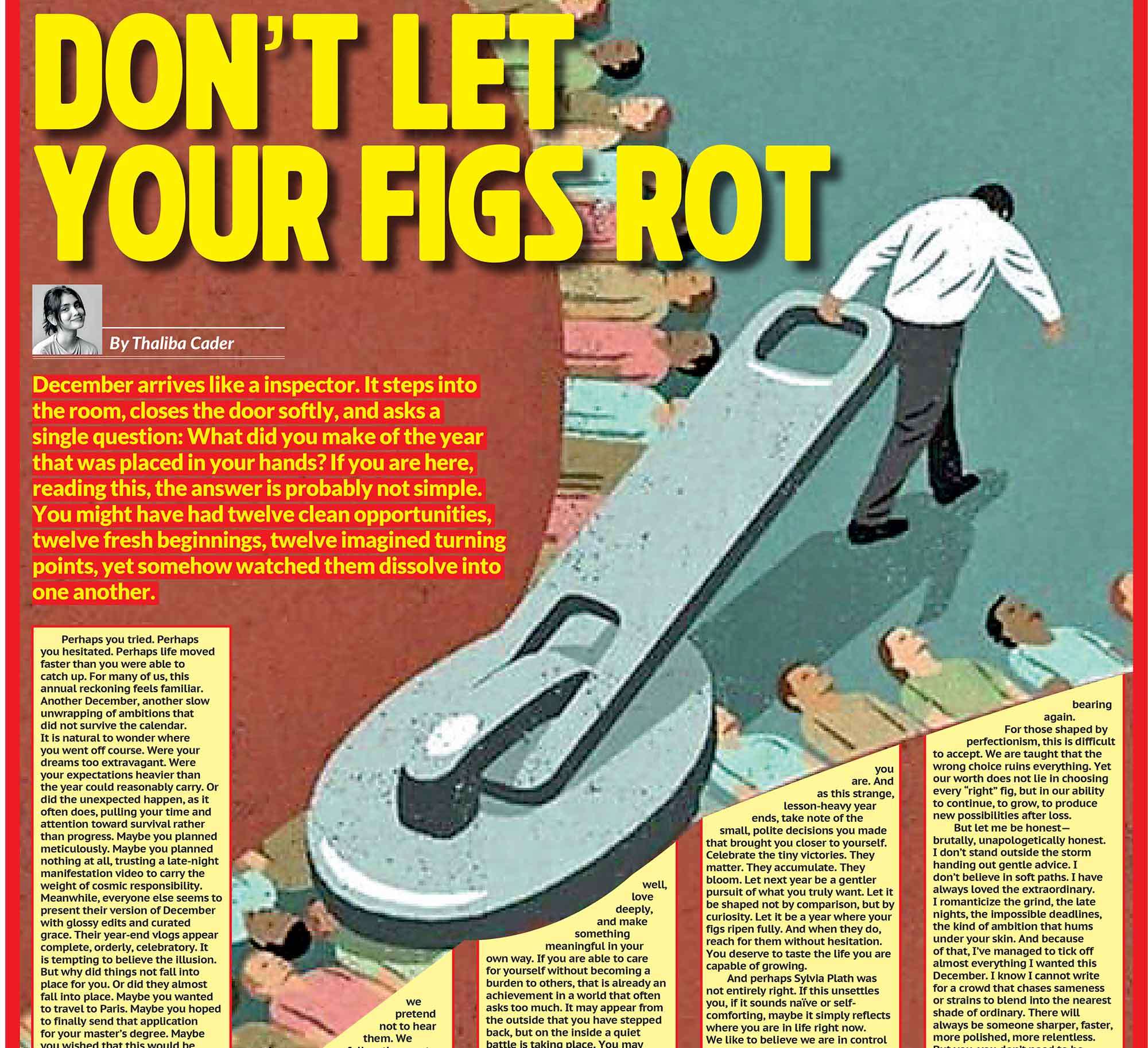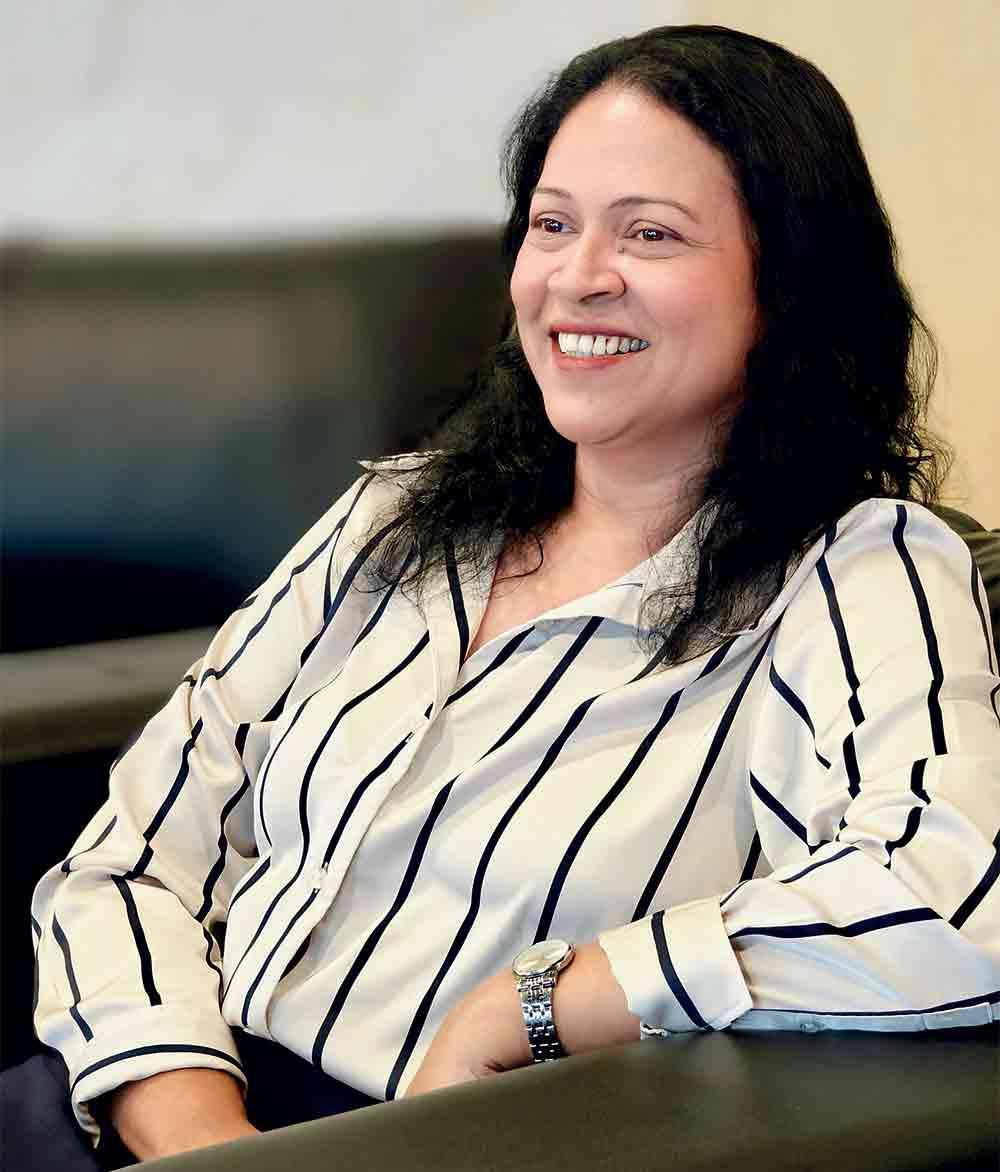
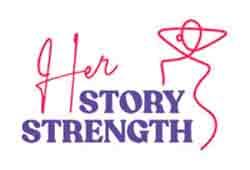 For over three decades, Waruni Algama has been redefining what it means to deliver exceptional customer experiences in Sri Lanka. As Vice President, Customer Experience Performance & Talent Development at Dialog Axiata PLC, she has blended strategic vision with human warmth, earning multiple global accolades for service excellence. A certified practitioner in User Experience Design and Customer Journey Mapping, she champions customer-centric innovation while nurturing the next generation of leaders through mentoring and coaching. Beyond the corporate sphere, Waruni serves as President of the Sri Lanka Chapter of Women in Management, where she empowers women to break barriers and lead with confidence. Her life’s work, infused with resilience, empathy, and dedication, extends into her personal role as a mother of two, where she instills values of courage and compassion. In this in-depth interview, Waruni shares her journey, her insights on leadership, and her vision for the future of customer experience.
For over three decades, Waruni Algama has been redefining what it means to deliver exceptional customer experiences in Sri Lanka. As Vice President, Customer Experience Performance & Talent Development at Dialog Axiata PLC, she has blended strategic vision with human warmth, earning multiple global accolades for service excellence. A certified practitioner in User Experience Design and Customer Journey Mapping, she champions customer-centric innovation while nurturing the next generation of leaders through mentoring and coaching. Beyond the corporate sphere, Waruni serves as President of the Sri Lanka Chapter of Women in Management, where she empowers women to break barriers and lead with confidence. Her life’s work, infused with resilience, empathy, and dedication, extends into her personal role as a mother of two, where she instills values of courage and compassion. In this in-depth interview, Waruni shares her journey, her insights on leadership, and her vision for the future of customer experience.
Q You have been shaping customer experience in Sri Lanka for over three decades. What first drew you into this field, and what kept you passionate about it for so long?
I stepped into the world of customer experience almost by chance, early in my career, when I realized how much I enjoyed connecting with people and solving problems in ways that made their day easier. Back then, customer experience wasn’t the buzzword it is today, but I could see its power, how one positive interaction could create a lifelong connection with a brand. Over the years, I’ve watched the field transform with technology, data, and innovation, yet at its heart, it’s still about people. What’s kept me passionate for over three decades is that every day brings an opportunity to touch lives, inspire teams, and raise the standard of service in Sri Lanka. It’s more than a career to me; it’s a calling.
Q You often describe service as an “art.” How do you translate that philosophy into measurable business results?
To me, service is an art because it’s about creating moments that feel genuine, thoughtful, and memorable, just like a beautiful piece of work leaves a lasting impression. But art in business must also deliver results. I translate that philosophy into measurable outcomes by blending creativity with structure. It starts with designing service experiences that evoke positive emotions, then tracking how those moments impact loyalty, retention, and advocacy. We measure customer satisfaction, NPS, and repeat business, but we also listen deeply to customer stories. When you balance the human touch with data-driven insights, you can prove that great service isn’t just ‘nice to have’ it directly drives growth, strengthens brand reputation, and creates long-term value.
Q You have led both digital transformation initiatives and high-performing teams. How do you balance technology and the human touch in customer service?
For me, technology and the human touch aren’t opposing forces, they’re partners. Digital transformation allows us to remove friction, speed up processes, and give customers convenience at their fingertips. But technology alone can’t create loyalty or trust, that comes from genuine human connection. I always approach transformation with a ‘people-first’ mindset: use digital tools to empower teams, not replace them, and free them to focus on empathy, problem-solving, and building relationships. The real balance happens when customers feel both cared for and understood, while enjoying seamless, efficient experiences. In the end, it’s the combination of smart tech and a warm human touch that turns service into something truly memorable.
Q As one of Sri Lanka’s few certified practitioners in User Experience Design and Customer Journey Mapping, how do you see these tools transforming businesses in the next 5 years?
User Experience Design and Customer Journey Mapping are no longer optional, they are becoming strategic imperatives for sustainable growth. Over the next five years, I see these tools moving from being project-based exercises to embedded business practices across industries in Sri Lanka. They give organizations a clear, evidence-based view of what truly matters to customers, allowing us to design experiences that are seamless, personalised, and emotionally engaging. As competition increases and customer expectations evolve, these tools will help businesses predict needs, remove pain points before they arise, and innovate with precision. Ultimately, companies that integrate UX and journey mapping into their DNA will not just improve service, they will create loyal brand advocates and unlock measurable business value.
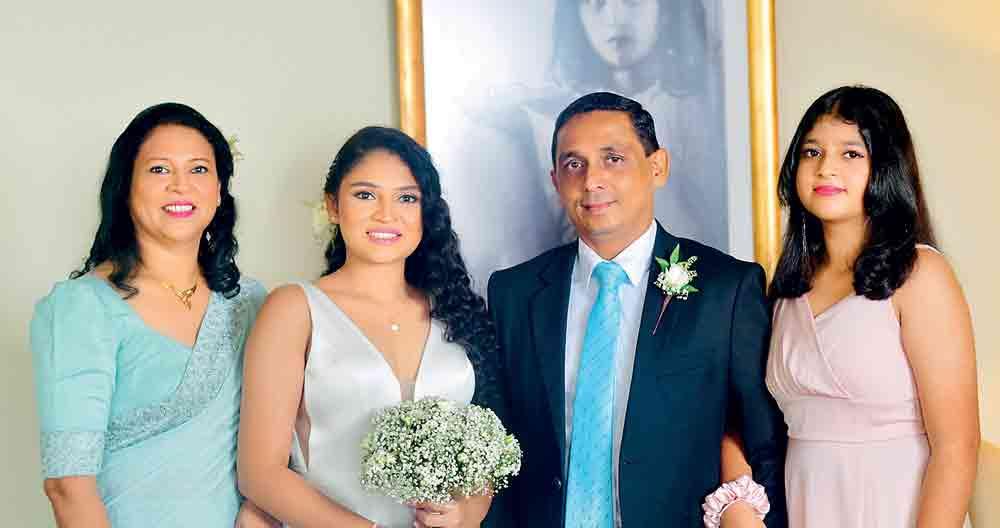
Q You’ve mentored and coached countless professionals. What key traits do you see in those who truly excel in customer experience roles?
In my experience, those who truly excel in customer experience roles share three traits. First is empathy, the ability to genuinely understand and care about the customer’s perspective. Second is adaptability, because no two situations are ever the same and the best professionals adjust quickly without losing focus. Third is a growth mindset—they see every challenge as a chance to learn and improve. The most successful people I’ve mentored combine these traits with a deep respect for teamwork, because in customer experience, no one succeeds alone. Skills can be taught, but these qualities come from within, and they are what transform good service into exceptional experiences.
Q Many professionals struggle to transition from being task-oriented to strategic leaders. What advice do you have for making that shift?
Transitioning from a task-oriented role to a strategic leadership position requires a shift in mindset and focus. My advice is to start by broadening your perspective, move beyond completing tasks to understanding how your work aligns with the organization’s bigger goals and customer outcomes. Develop the habit of asking ‘why’ and ‘what impact’ rather than just ‘how.’ It’s also essential to cultivate strong communication skills and build relationships across functions, so you can influence and collaborate effectively. Lastly, embrace continuous learning and be comfortable with ambiguity, strategic leaders thrive in complexity and use it as an opportunity to innovate and inspire their teams.
Q Recently, you faced the sudden loss of your husband while balancing your role as a mother and corporate leader. What has this period taught you about resilience, both personally and professionally?
The sudden loss of my husband was a life-shattering moment that brought immense pain and uncertainty. This period has been one of the most challenging chapters of my life.
As a mother of two grown daughters, it was especially difficult to support my second daughter preparing for her O/L exams just a month after my husband’s passing. At the same time, I had to care for my mother recovering from a heart attack. Facing these major responsibilities all alone over four months required me to become the strongest pillar for my family. Personally, this journey taught me that resilience is not about never breaking, but about rising each time you do, drawing strength from love and purpose. Professionally, it deepened my understanding of strength and vulnerability, reinforcing that leadership is about being present, empathetic, and steadfast even in the hardest moments. I am deeply grateful for the immense support from family, management, friends, and colleagues, which taught me the importance of leaning on others. Resilience is not about doing everything alone, but knowing when to seek and accept help.
Q As a mother, how do you instill values of leadership, empathy, and perseverance in your daughters?
As a mother, I believe that leadership, empathy, and perseverance are best taught through example and intentional guidance. I strive to embody these values in my daily life, showing my daughters that true leadership is rooted in integrity, courage, and the ability to support others. I encourage them to see challenges not as obstacles but as opportunities to grow stronger and more resilient. Empathy is something we practice together by staying connected to our community, understanding diverse perspectives, and always choosing kindness, even when it’s difficult. Perseverance comes from cultivating a mindset that setbacks are temporary, and that consistent effort and determination pave the way to success. Ultimately, I want my daughters to lead with heart and grit, knowing that their strength will inspire others and that their compassion will create lasting impact.
Q What future trends do you foresee in customer experience, and how can Sri Lankan businesses prepare for them?
Looking ahead, I see customer experience evolving rapidly through the integration of advanced technologies like AI, machine learning, and augmented reality, which will enable hyper-personalized and predictive service. Customers will expect seamless, omnichannel interactions where their preferences and needs are anticipated before they even express them. For Sri Lankan businesses to stay competitive, they must embrace a customer-centric culture that blends technology with human empathy. Investing in data analytics and real-time feedback mechanisms will be crucial to understand and adapt to evolving customer expectations. Additionally, businesses should focus on sustainability and ethical practices, as consumers increasingly value brands that demonstrate social responsibility. By fostering agility, innovation, and a deep commitment to authentic customer relationships, Sri Lankan companies can not only meet future demands but also set new standards in customer experience on a global stage.

- First job you ever had: travel executive, managing french clients.
- One word that describes you best at work: Dedicated.
- A skill every leader should master: Empathy.
- Your go-to stress buster: Visiting the temple for a Bodhi pooja, it helps me find peace, clarity, and renewed strength during stressful times.

- The best advice you’ve ever received: Always stand strong in your values and never compromise your integrity.
- One book or resource that changed your perspective: The Gifts of Imperfection by Brené Brown. It taught me to embrace imperfection, practice self-compassion, and focus on being present rather than perfect, helping me release guilt and become a more balanced mother.
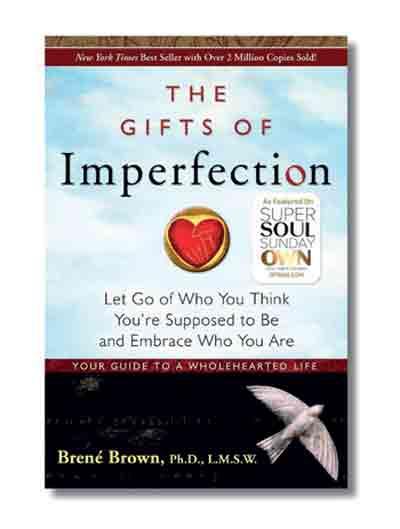
- Most memorable career moment: Receiving the Future Leader Award for Service Excellence.
- A habit that keeps you grounded: Practicing gratitude and staying humble.
- One thing people would be surprised to know about you: I am a writer and a dancer.
- Your personal mantra in life: Never give up and stay focused.










